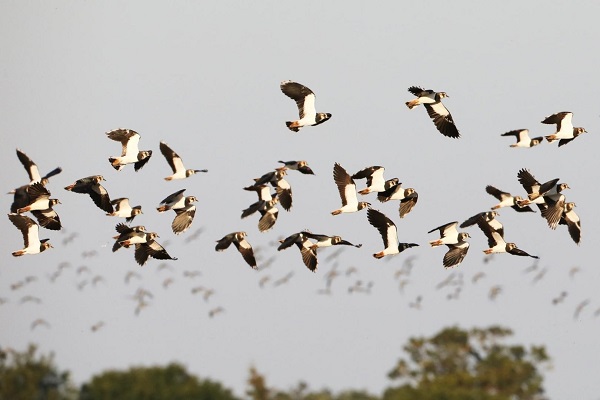Other legal bases

The African-Eurasian Waterbird Agreement (AEWA)
The objective of the Agreement on the Conservation of African-Eurasian Migratory Waterbirds (AEWA), adopted on 16 June 1995 within the framework of the Bonn Convention on the Conservation of African-Eurasian Migratory Waterbirds, is to better protect the waterbird species occurring in the area of application. The agreement covers the western parts of Asia, the whole of Europe and Africa. Out of a total of 119 riparian states, 80 countries, including the European Union, have currently acceded to the Convention. The AEWA is more an expression of intent than a law.
Bonn Convention (CMS)
Due to their sometimes very large range, migratory animal species in particular are dependent on internationally coordinated protection. This goal is pursued by the Bonn Convention on Migratory Species (CMS), which entered into force in 1983. The agreement regulates the protection of migratory animal species across political borders. In the meantime, the agreement, including the EU, has 128 member states from Africa, Eurasia, Central and South America and Oceania. The Bonn Convention is an agreement within the framework of the United Nations, and the regular meetings offer a good opportunity to repeatedly press for better protection of migratory birds.
National legislation
None of the international agreements is directly applicable. The regulations must be transposed into national law within each state. Some states have adopted a relatively compact legislative package that contains all the necessary provisions. Other countries have enacted a large number of laws and regulations that are difficult to oversee. A particularly good example of this is Germany: In addition to the Federal Nature Conservation Act and the Federal Hunting Act, EU regulations are also implemented in the Federal Wildlife Protection Ordinance, the Federal Hunting Times Ordinance and the Federal Species Protection Ordinance. In addition, each of the 16 states within the Federal Republic have their own national nature conservation laws and national hunting laws. As such, confusion around the federalism is very pronounced in Germany.






